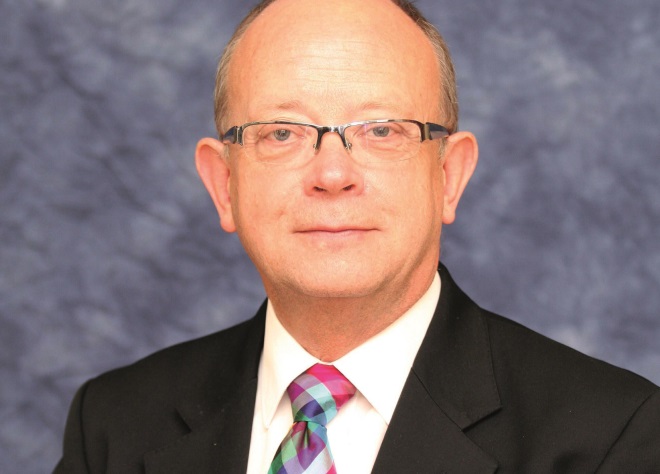
Royal Pharmaceutical Society
The Royal Pharmaceutical Society (RPS) is to consult with members, non-member pharmacists and possibly pharmacy technicians on the future of pharmacy supervision.
Following the latest meeting of the Rebalancing Medicines Legislation and Pharmacy Regulation Programme Board on 23 October 2017, the RPS has announced that it will begin its consultation in 2018.
RPS president Ash Soni, who sits on the Board alongside RPS chief executive Paul Bennett, said the intention would be to work as “widely, deeply, and locally” as possible to ensure that as many views on the future of pharmacy supervision were heard as possible.
“We recognise the significant impact that this will have on the profession and we may well work with technicians on this,” he added.
The meeting was the first since a document on the future of supervision prepared by a working party of the Board in 2016 was leaked to the press.

Ken Jarrold, chair of the government’s Rebalancing Medicines Legislation and Pharmacy Regulation Programme Board, said the Board would in future aim to be as transparent as possible
The Board discussed the fallout from the leak and while its chair, Ken Jarrold, agreed that going forward the Board would aim to be as transparent as possible, he also reminded board members that some discussions would need to remain private to enable a range of policy issues to be discussed freely.
The RPS has said it will publish a statement after each quarterly Rebalancing Board meeting, and the Board has agreed to publish its own post-meeting statements.
The Board also received confirmation that the government intends to place legislation before Parliament some time in November 2017 to remove the threat of criminal prosecution for community pharmacists who inadvertently make a dispensing error.
The UK government hopes that the necessary legislation will be adopted before Christmas 2017, but a busy Parliamentary schedule means this may run over into the new year. The government also intends to launch a consultation early in 2018 around broadening the legislation to include hospital pharmacists and pharmacists working in other settings.
Soni welcomed the fact that the legislation was due to be put before Parliament after a number of delays caused by political uncertainty and elections in all four home nations. But he said legislation to broaden the protection against prosecution to hospital pharmacists must be introduced more speedily.
“It is intolerable that some members will be in a position that they will not be subject to prosecution, but others may be,” he said.
“We hope that the second consultation should progress more quickly as the principle has already been agreed by all four UK governments.”
In addition, the Rebalancing Board was told that a consultation on the role of superintendent pharmacists and responsible pharmacists was expected to be published by the government early in 2018.
There was agreement at the meeting to make greater use of the Partners’ Forum, the body which includes a wider group of stakeholders including pharmacy representatives, patients, and the public.
It was agreed that the Rebalancing Board would meet with the Forum more frequently and the RPS has offered to host the next meeting of the two bodies, which is expected to take place in early 2018.
You may also be interested in

Government misses consultation deadline for post-Brexit scheme to detect fake medicines

Proposed legislation could see government ‘broaden’ use of data collected through the Falsified Medicines Directive
